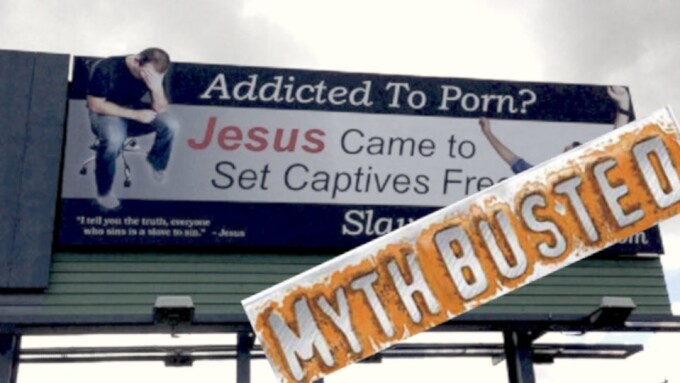BOSTON — A peer-reviewed study by Boston University researchers published on Wednesday concluded that there is no actual "public health crisis" connected to pornography, and that efforts to get legislation passed in several U.S. states are driven by a religious agenda.
The study, "Should Public Health Professionals Consider Pornography a Public Health Crisis?" by Kimberly M. Nelson and Emily F. Rothman, was published in the American Journal of Public Health (AJPH) online on Wednesday and it will appear on the February 2020 issue of the prestigious journal.
"Since 2016," the authors wrote, "17 U.S. states have introduced nonbinding resolutions declaring pornography a public health crisis. Evidence suggests that although pornography may elevate risk for certain health outcomes, pornography itself is not a crisis."
The study defines "pornography" as "sexually explicit materials intended to arouse" and a "public health crisis" as having "three main qualities: (1) it is an acute event that requires an immediate response; (2) the event is expected to imminently lead to death, infectious disease morbidity, property destruction or population displacement; and (3) it overwhelms the capacity of local systems to do the job of maintaining a community’s health."
Given those definitions, the authors found the attempts by religious lobbies and blatantly religiously motivated state legislators (like Ohio's Jena Powell) to push legislation declaring pornography a public health crisis have no basis in reality.
“The movement to declare pornography a public health crisis is rooted in an ideology that is antithetical to many core values of public health promotion," Nelson and Rothman wrote, "and is a political stunt, not reflective of best available evidence."
To read the AJPH study, click here.
For more of XBIZ's coverage of the War on Porn, click here.







